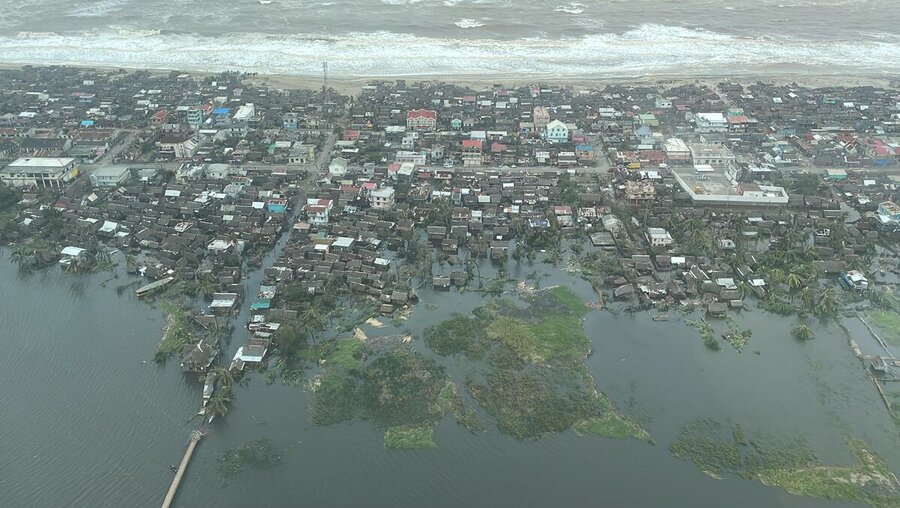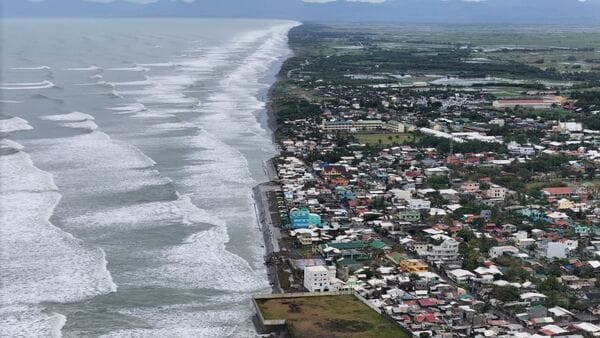The Asian Development Bank (ADB) recently highlighted that climate change could have severe economic impacts on Asian economies, some of which are among the world’s most vulnerable to climate risks. According to the ADB, rising temperatures, extreme weather events, and sea level rise threaten key sectors like agriculture, manufacturing, and tourism across the region. These factors could significantly hinder growth and exacerbate poverty, affecting the livelihoods of millions.

Source:- bbc news
Asia is particularly susceptible to climate change impacts due to its geographical diversity, dense populations, and dependency on climate-sensitive industries. For instance, rising temperatures and unpredictable rainfall patterns impact crop yields, threatening food security and employment for the large rural workforce. Additionally, rising sea levels pose a grave threat to coastal cities in countries like Bangladesh, Vietnam, and the Philippines, where large populations live near the coastline and depend on marine resources.
Source:- bbc news
The ADB also stressed that without decisive action, climate-induced disruptions could cost Asian economies up to 10% of their GDP annually by 2050. Damage to infrastructure from severe storms and floods is expected to escalate, leading to costly repairs and posing further challenges for developing economies already facing financial constraints. These impacts will disproportionately affect lower-income communities, deepening inequality across the region.
To counter these risks, the ADB urged Asian governments to implement policies that focus on resilience-building and adaptation measures, including investing in sustainable infrastructure, strengthening disaster response systems, and promoting green technology. The bank emphasized that transitioning to renewable energy sources and reducing carbon emissions are essential to mitigating long-term climate risks.
In summary, the ADB’s warning serves as a call to action for Asian economies. With the right investments and policies, the region can navigate the climate crisis, but the time for urgent, collaborative action is now.
Share your views in the comments

